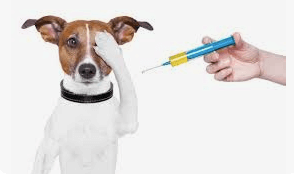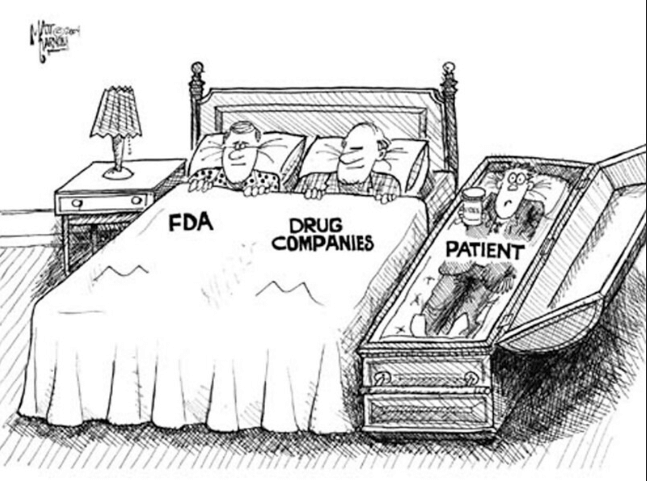Certain foods may cause cancer. Genes, behavioral factors and other environmental influences play a role too. The rate of canine cancers is increasing and unfortunately occurring at younger ages. According to the Veterinary Cancer Society, "1 in 4 dogs will develop malignant cancer in their lifetime - and for those 10 years old and older, the statistic rises to 1 in 2. With 6 million new cases of dog cancer diagnosed each year in the U.S., this disease has become the leading cause of death in adult dogs." This is no surprise as cancer rates are increasing in humans too and one of the causes is the food supply. Certain foods may cause cancer.
The Humane Society states that cancer is caused by a "combination of genes, behavioral factors and environmental influences, but some are more strongly linked to environmental factors. For instance, there are clear links between herbicide exposure, like glyphosate, and non-Hodgkin lymphoma and bladder cancer in humans. According to Dr. Lauren Trepanier, professor of internal medicine at the University of Wisconsin-Madison School of Veterinary Medicine, "both cancers are also common in dogs, and some breeds are diagnosed with environmental cancers at far higher rates than others, such as lymphoma in boxers and bladder cancer in beagles.
Genes, behavior factors and lifestyle like nutrition and exercise as coupled with environmental influences are the driver of cancer in dogs. Most dogs are fed kibble and more than half of dogs are overweight or obese. Save a dollar today, buy cancer for tomorrow. There is correlation and causation to excess weight and disease. Excess weight is already a risk-factor for cancer as the additional weight makes dogs more prone to metabolic dysfunction and disease. Certain foods, like kibble, may cause cancer. and nutrition is the single most important lever you can pull to either create your dog's optimal health or destroy it.
DNA loads the gun, but environment and lifestyle pulls the trigger. In other words, what your dog eats, drinks and toxins they are exposed to has the capacity to turn genes on and off, which is called epigenetics. Epigenetics is the study of how your behaviors and environment can cause changes that affect the way genes work. Even if your dog is genetically predisposed to cancer, an optimal diet is your best shot chance to turning the cancer genes off and the health genes on.
According to Cancer Scientist, Dr. David Turner, Ph.D, there is a link between cancer and highly-processed food, which is what kibble is. Kibble has a high Advanced Glycation End Product (AGEs) count, which are "proteins and lipids (fats) that go through a chemical alteration called glycation, when they are exposed to sugars. The process occurs naturally in the body. However, processed food, like kibble, and foods cooked at high temperatures, also kibble, are extremely high in AGEs, which can lead to a dangerous overabundance in the body." His research proves the connection between high levels o AGEs in the body and cancer. But, it's not just the AGEs to be concerned about. It's the AGEs and the sub-optimal ingredients found in kibble including glyphosate, BHT and or BHA, PFAs, and excessive refined seed oils or too much sugar. The result is insulin resistance and metabolic disease including cancer. Think "the dose determines the poison." So if you bombard the body, particularly the liver liver with a lot of toxins found in kibble, you are turning genes for sickness on and genes for optimal health off.
According to Oncologist Sue Ettinger, DVM, "there are some potentially damaging by-products in food," which include those listed above and advises to feed dogs with cancer foods that are wholesome and unprocessed. She also recommends a diet that is low in carbohydrates and high in high quality proteins and fats, which cannot be found in any kibble.

Even if your dog is predisposed to diseases like cancer, please pull the nutrition lever and feed your dog a high-quality diet and turn on genes for health and turn off genes for sickness. If you need some guidance on what to feed your dog, click here for raw, here for home-cooked and here for supplements.
Donate to Bobzilla.org

$5.00
The veterinary business is business which is not in the business of curing your animal, but Bobzilla's business is. Bobzilla is committed to one hundred percent transparency in all of its scientific research into animal wellness and prevention of disease and one… read more




